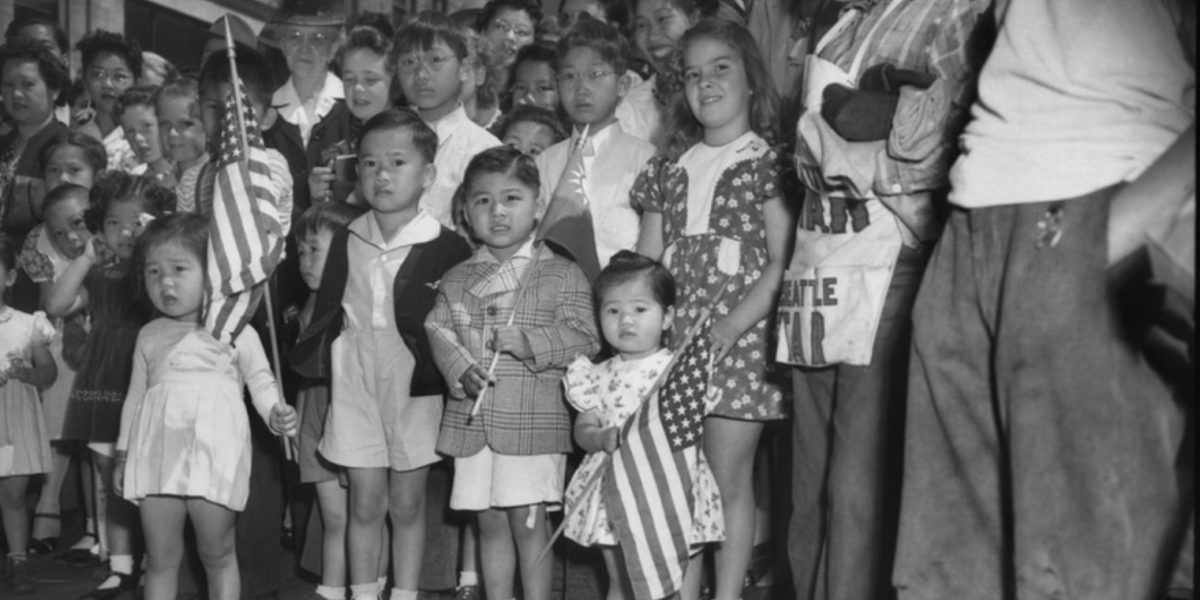Racial-Justice-AAPI
The hate crimes must stop and it begins with us.
A spike in hate crimes toward Asian-Americans during the pandemic draws on and perpetuates a long and painful history of racial injustice among our friends, our community. Dr. King’s famous words still bear relevance and haven’t yet sunk in:
Injustice anywhere is a threat to justice everywhere. We are caught in an inescapable network of mutuality, tied in a single garment of destiny. Whatever affects one directly, affects all indirectly.
Please join us in grieving the unjust murder of Delaina (33), Paul (54), Xiaojie (49), Daoyou (44), Hyun (51), Suncha (69), Soon (74), Yong (63), Elcias (30). Their full names have been shortened out of respect to some of the families' wishes. They were hard workers, dedicated mothers, precious image bearers of the living God, and their loss is great. You can learn more about how the shooting in Atlanta is impacting Asian Americans and Pacific Islanders (what AAPI stands for) below.

Vivian Mabuni, founder of ‘Someday is Here’ podcast
“My eyes are swollen from crying. My fingers are landing heavy on my computer keyboard in equal parts anger and deep sadness. My community is reeling from another violent crime committed against us. Wave after wave. 3,800 anti-Asian incidents of hate reported during this pandemic. My friends and their children have been yelled at and called names. I fear for my elderly parents. For my daughter. For myself.
I want you to know. Learn Asian American history.
I want you to see. Stop erasing. Stop seeing us as the perpetual foreigner.
I want you to care. Don’t write off these murders as a stand-alone act committed by a sex addict. Every act of terrorism at the hands of white men is portrayed in media as an individual act by a troubled victim.
I want you to step in. Commit to speaking up anytime you witness anti-Asian sentiments—in your family, among your friends, and out in public.
I want you to address violence against the AAPI community. Teach, train, equip and disciple believers to honor all of God’s image bearers.
I want you to state from the pulpit, on social media, in no uncertain terms, that you stand with us.
I want you to know we are hurting and tired.”
Soong-Chan Rah, professor and author of ‘Prophetic Lament’
Words matter. Words spoken from positions of power, whether from our political leaders, the media, and yes, our religious leaders. If persons of influence have stated words that have created a dysfunctional understanding of one another (as a peril, as a virus, as a disease, as less than human), than those words will not return empty. And if there has been a explicit, implicit, tacit, or “wink, wink” affirmation or non-confrontation of those words, than there must be accountability as well.
Will the American church lament with the Asian American community? Will a lament be lifted up in confession of how this specific type of violence affronts the holiness of God. Humanity was created in God’s image. To put down one specific people group is a theological violation of God’s pronouncement. The hubris that allows the dominant culture to define Asian Americans in a negative and diminishing light must be confronted by God’s people and to seek ways to restore and repair the damage that has been done by explicit complicity and tacit acceptance.
— Soong-Chan Rah is the author of Prophetic Lament, which is the book our broader church family the Diocese of Churches for the Sake of Others has been reading during Lent. We encourage you to read it if you have not already. He is also the author of Unsettling Truths, a book about America’s history with racism.
Lori Bailey, All Souls staff
Being Asian / AsAM and a woman means being acquainted with silence. Voicelessness. Invisibility.
The rise in anti-Asian violence has stirred up a lot. I’ve been angry at all the gaslighting— and all the ways it’s become so internalized, I do it to myself. I am furious every time the white man gets centered while the names and lives of Asian women are left out. I struggle to know how to grieve, because it all feels simultaneously close and distant and so, so complicated. And I’m cynical about whether, among all the statements and platitudes I’m seeing and hearing, there’s enough real curiosity and care to catalyze lasting change.
Learning to Pray in Lament and Solidarity
On Wednesday evenings, join us for Vespers, an evening prayer service reflecting on the day that will continue to hold space for grief and lament of racial injustice and appeals to God to stop the hate, starting with our own growth and transformation to love.
- Resources
-
Learn about Asian American History
Resource
-
The Complexity of Black and Asian Solidarity
Resource
- Recent Sermons
-
The Power of Familiarity
April 29th, 2024 -
The Power of Possessions
April 22nd, 2024 -
Our Given Name
April 14th, 2024
- Upcoming Events
-
Sunday Gathering
Sun May 5, 4:00 PM -
Sunday Gathering
Sun May 12, 4:00 PM -
Second Sunday Supper
Sun May 12, 5:15 PM
Kids Classes: 04:00PM
Trinity West Seattle
7551 35th Ave SW
Seattle, WA 98126 All Souls Loft (office)
7551 35th Ave SW North Entrance
Seattle, WA 98126 Contact
info@allsoulsseattle.org
- Home Group Resources
-
Home Group Guide | Fall '23
Resource -
Sermons Podcast
Resource -
Home Group Guide | Fall '22
Resource